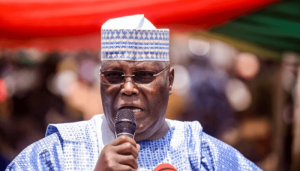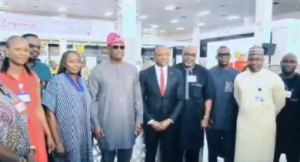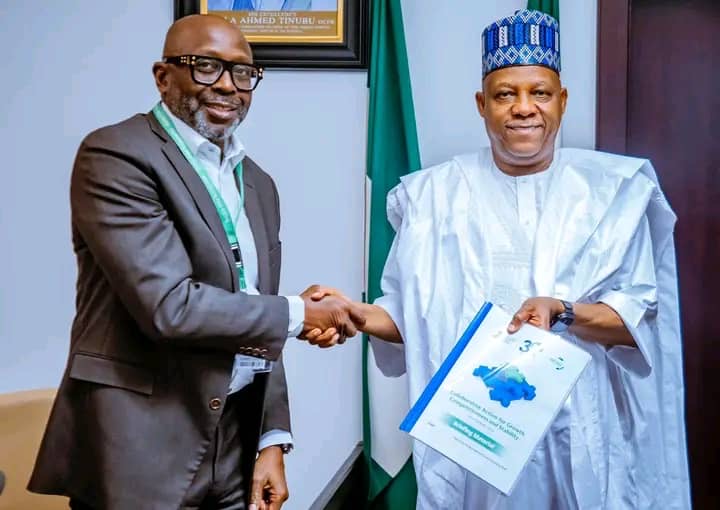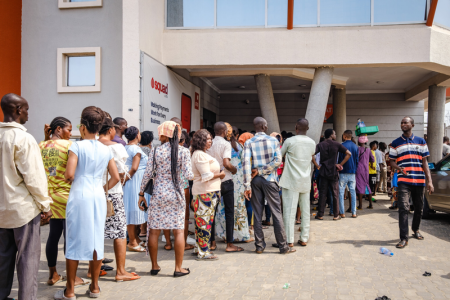Vice President Kashim Shettima has emphasized the federal government’s commitment to enhancing collaboration with the private sector to accelerate Nigeria’s economic growth and industrialization. He noted that the private sector is pivotal in driving President Bola Ahmed Tinubu’s agenda for job creation and industrial development.
During a meeting with representatives of the Nigerian Economic Summit Group (NESG) ahead of the 30th Nigerian Economic Summit, Shettima highlighted the administration’s pro-business policies and efforts to improve key infrastructure like power to create a conducive environment for businesses to thrive.
“Our nation is brimming with potential. Hope springs eternal from the hearts of men,” Shettima stated, describing NESG as the country’s foremost economic organization capable of unlocking Nigeria’s economic potential.
Underscoring the role of power in industrialization, the Vice President remarked, “Without power, there can be no industrialization. If we get it right, Nigeria will become a leader in Africa’s development.”
Shettima emphasized that the current administration understands the needs of businesses, saying, “This government is led by someone who understands the business ecosystem. We have never had a government as business-friendly as this one.”
He further pledged the government’s support for the private sector, calling it essential for economic growth. “We are focused on creating opportunities for our youths, and the resources are available. We are determined to make it happen,” he assured.
Dr. Tope Fasua, Special Adviser to the President on Economic Matters, urged the NESG to translate discussions into tangible outcomes. “Economic development cannot occur without growth. We are counting on the NESG to help deliver results,” he said.
Special Adviser to the President on NEC and Climate Change, Rukaiya El-Rufai, emphasized the need for action, urging the NESG to “localize global discussions” to ensure post-summit follow-through and meaningful outcomes.
NESG Vice Chairman and Chairman of the Central Planning Committee for the 30th Nigerian Economic Summit (NES#30), Mr. Omoboyede Olusanya, described the upcoming summit as a critical platform for addressing regulatory reforms to enhance economic competitiveness. He outlined key topics, including local pharmaceutical manufacturing, energy sector dynamics, and meetings with Francophone CEOs to foster collaboration for sustainable development.
“Our objective is to create actionable frameworks to tackle Nigeria’s pressing economic challenges,” Olusanya said, adding that the summit will also focus on issues such as food security, digital inclusion, and healthcare access, alongside high-level panels on fiscal reforms and infrastructure development.
“We need to leverage these discussions to build a more resilient economy,” he concluded.













